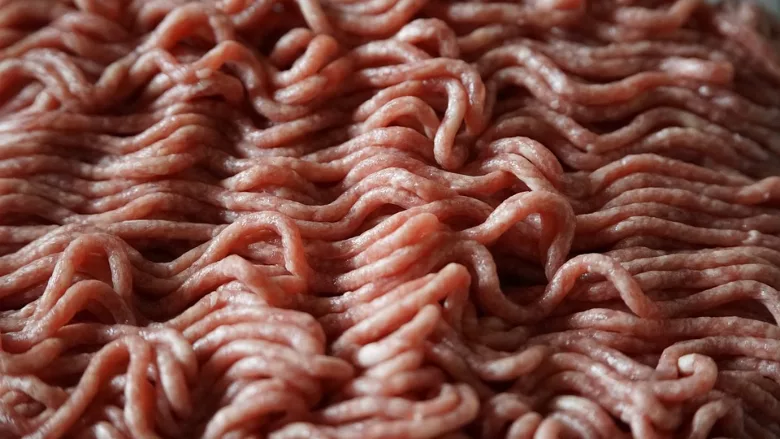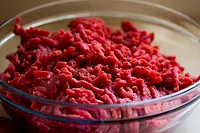USDA: 2022 E. Coli Outbreak Shows Importance of Ground Beef Food Safety Best Practices

Credit: beauty_of_nature-8658480 via Pixabay
In an after-action review of a 2022 Escherichia coli O157:H7 outbreak linked to ground beef, the U.S. Food and Drug Administration’s Food Safety and Inspection Service (USDA’s FSIS) highlights the importance of improving outreach to food retail stores about best food safety practices for beef that will be ground.
The investigation of the E. coli outbreak in question occurred from May–June 2022 across three states—California, Idaho, and New York. Eight illnesses were included in the outbreak, one of which resulted in hospitalization. Although beef was investigated as the possible vehicle of for infection, officials were unable to identify a common beef source.
Of the eight illnesses that were investigated as part of the outbreak, two patients did not provide follow-up information, and five of the six patients that did provide follow-up information reported beef consumption. Middle Eastern foods were reportedly consumed by four case patients. Detailed beef exposure information was available for three ill people, who reported eating raw beef at a restaurant, ground beef kabobs at a restaurant, and beef at a family event where ground beef kabobs and raw beef were served.
FSIS traced back the beef served at the two restaurants, as well as the beef used to make kabobs at the family event, which was purchased cooked at a market. The traceback investigation did not identify a common beef supplier among the three sources.
However, FSIS did find that one market visited as part of the investigation did not maintain grinding records. FSIS emphasizes in its after-action review the importance of adequate recordkeeping throughout the beef supply chain, which enables investigators to trace ground beef during a foodborne illness outbreak investigation. The after-action review reinforces that it is crucial to continue outreach concerning beef grinding best practices.
Also learned from the investigation was the importance of communication between local public health officials and federal agencies. In the present outbreak, county public health officials notified FSIS when raw beef and ground beef were identified as exposures of interest in the investigation. The early communication helped FSIS investigators coordinate visits to the restaurants and market, enabling investigators to complete their investigation more quickly.
Moving forward, FSIS states that it is working on developing and distributing targeted educational materials about best practices for grinding beef. The agency recommended that the Conference for Food Protection (CFP) revise its Beef Grinding Log Guideline to provide additional information about grinding recordkeeping requirements, as well as to promote the consideration of the intended use of beef prior to grinding the product.
Looking for quick answers on food safety topics?
Try Ask FSM, our new smart AI search tool.
Ask FSM →







